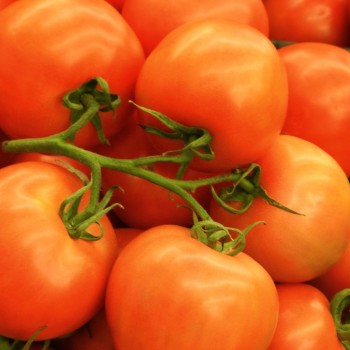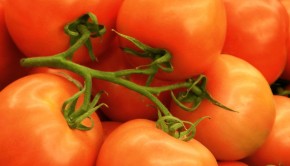Rise of the “conscious consumer” paves way for record growth in UK organic market

There is no doubt about it, the pursuit of health and wellness among consumers is a major business now, as illustrated from the latest figures from the Soil Association Certification’s Organic Market Report. The newly-published report reveals how following a 5.3% growth in sales during 2018, the UK’s organic market is now worth £2.33 billion. The growth percentage is well ahead of the non-organic market, according to the report.
5 February 2019
The Soil Association Certification has published the latest edition of its Organic Market Report for 2018, which reveals the UK’s organic market is now worth £2.33 billion after a 5.3% growth in sales in 2018 – well ahead of the non-organic market. The Soil Association Certification is the UK’s largest organic certification body. It certifies around 70% of all organic products in the UK.
The SAC’s conclusion represents the highest ever value placed on the organic market, following seven consecutive years of growth, and means that almost £45 million is spent on organic a week.
Organic accounts for 1.5% of the UK’s overall food and drink market, which is expected to grow to £2.5 billion by 2020.
In the report, Soil Association Certification identifies changes in shopping habits as drivers of growth, as more shoppers order online to take advanrage of the wider choice of organic products available.
Other key areas of growth identified by the report include:
- Supermarket sales of organic, excluding discounters, increased by 3.3%*
- Independent retailers saw sales increasing by 6.2%, buoyed by healthy and hyper-local shopping habits and wider organic ranges from wholesalers
- Organic sales into foodservice grew almost 8% to £90.9 million in 2018, supported by continued interest in Soil Association’s Food For Life scheme
Across the organic market, categories that continue to drive growth include wines, and chilled foods; and canned and packaged grocery. Figures show that the chilled convenience sector, including tofu and fresh vegetarian products, saw sales grow by over 25%. Sales of fresh fruit, salad and vegetables increased by approximately £15 million during the year.
Clare McDermott, business development director for the Soil Association Certification, said that organic is in the right place to capitalise on many of the consumer trends currently developing across retail. “We know that more shoppers are looking to purchase sustainable products to reduce their impact on the planet,” McDermott said, “and this has combined with an increasing value being placed on transparency and traceability in the food system.”
Meanwhile, the increasing consumer demand for organic has meant more farmers going into organic farming. The latest statistics from the UK’s Department of Food and Rural Affairs show that the amount of organic certified land has increased by 1.9%, the first rise since 2008. Land in conversion also increased by nearly 30%, a third consecutive year of growth, and Soil Association Certification expects this to continue, as, post-Brexit, consumer demand for products from UK producers and sustainable agroecological systems could rise.
*Nielsen Scantrack Total Coverage (Supermarkets and Convenience Stores), 52w/e 29th December 2018



 Print
Print



Fans 0
Followers